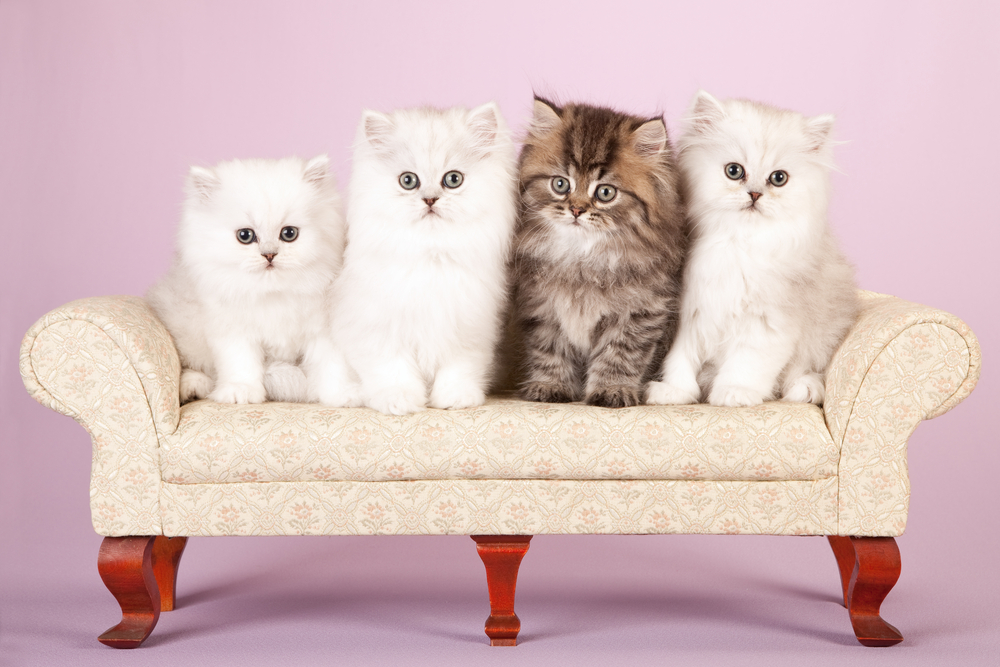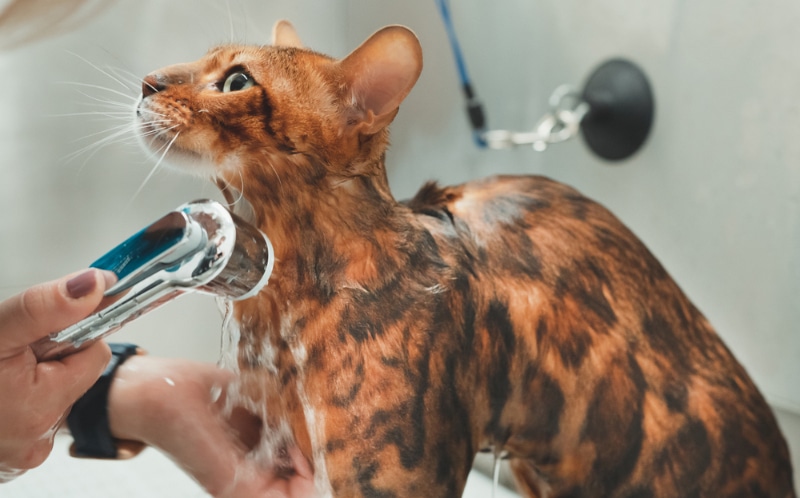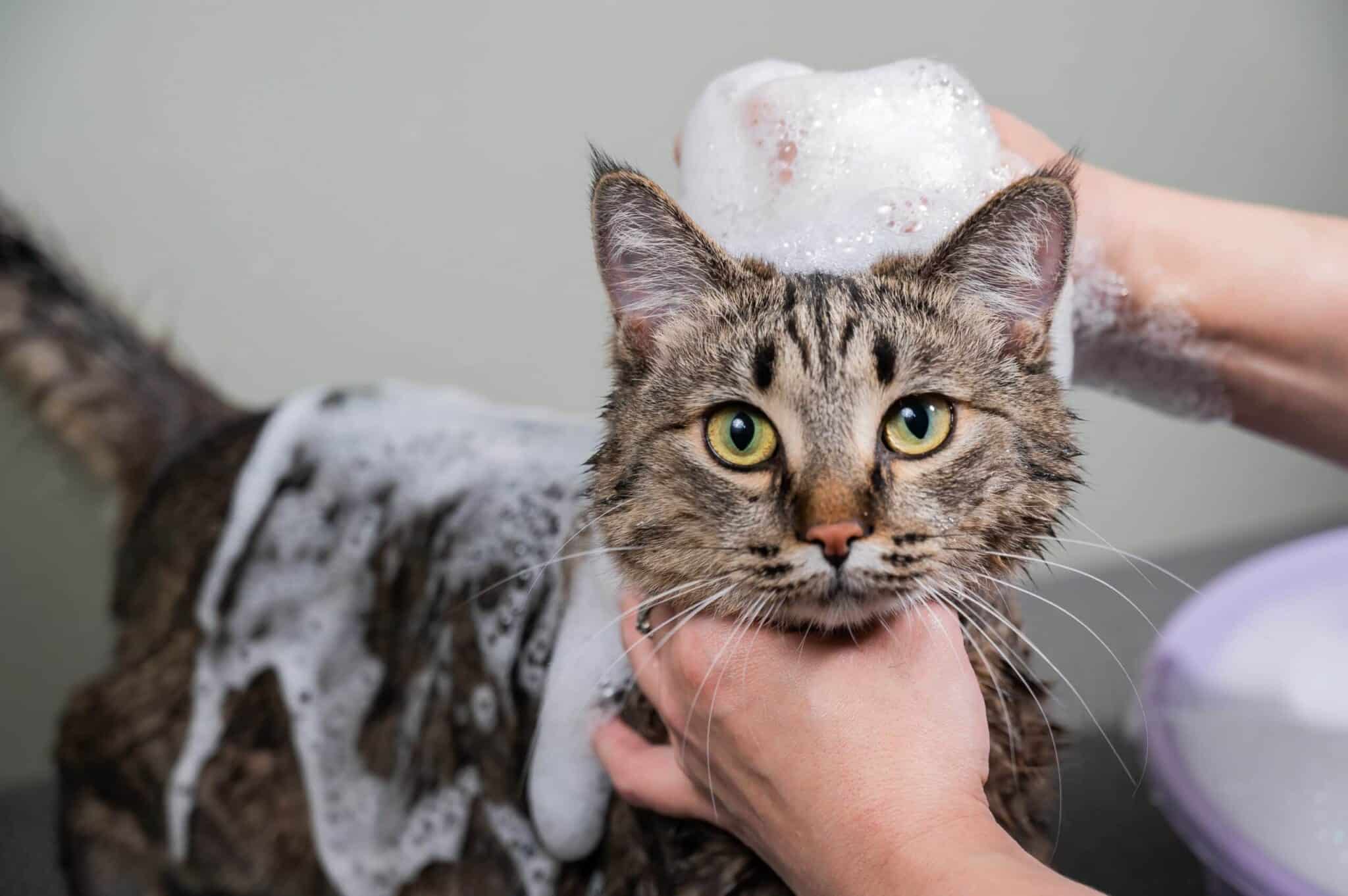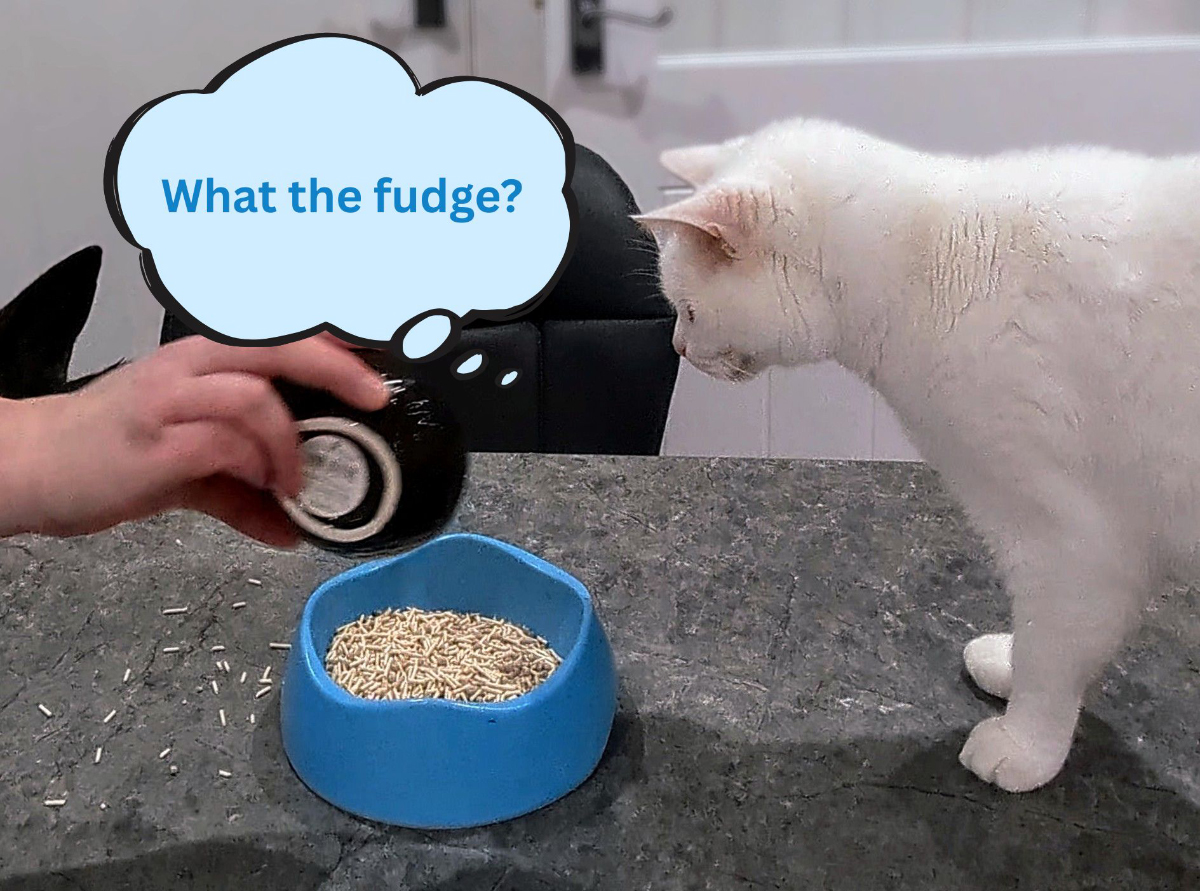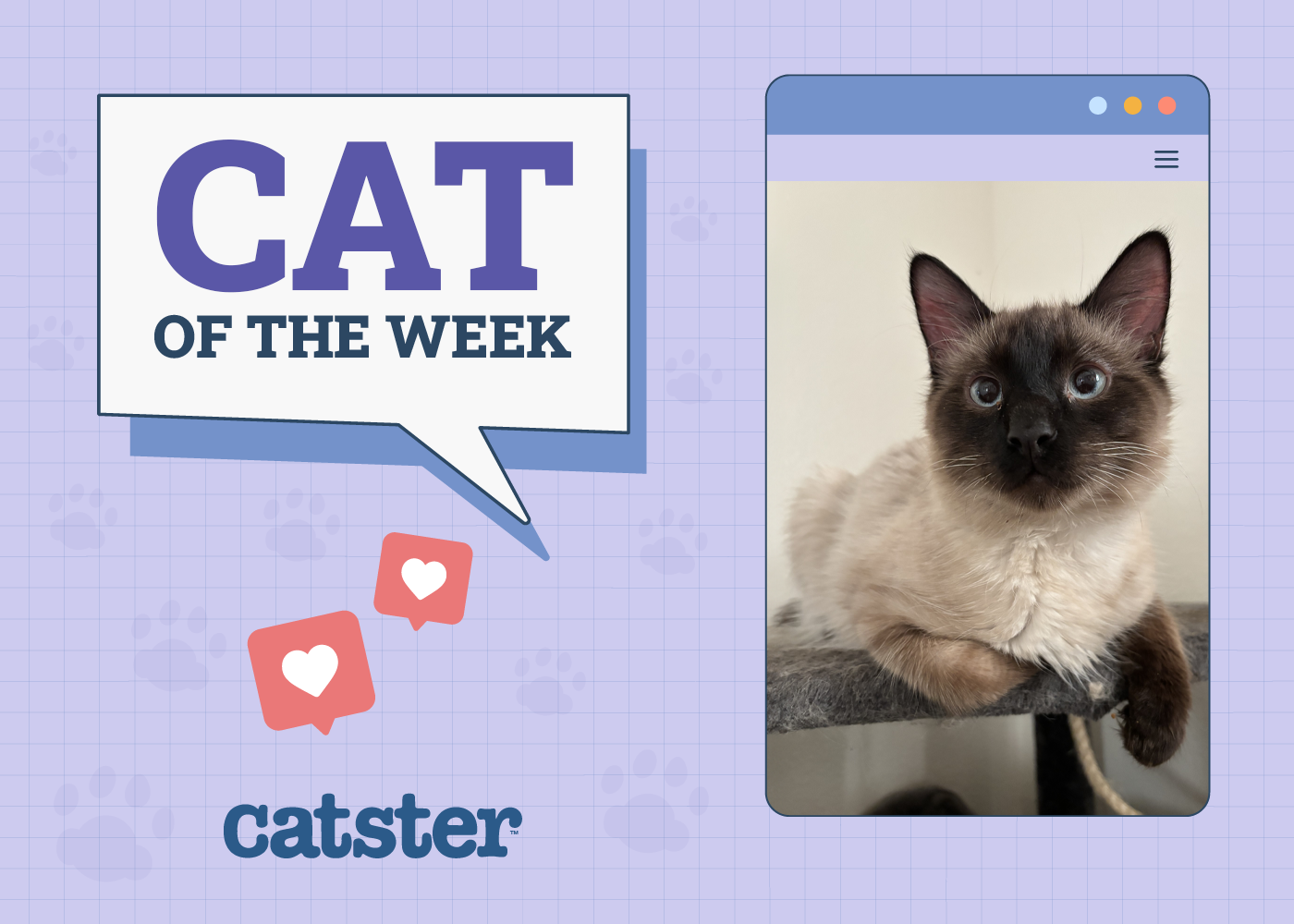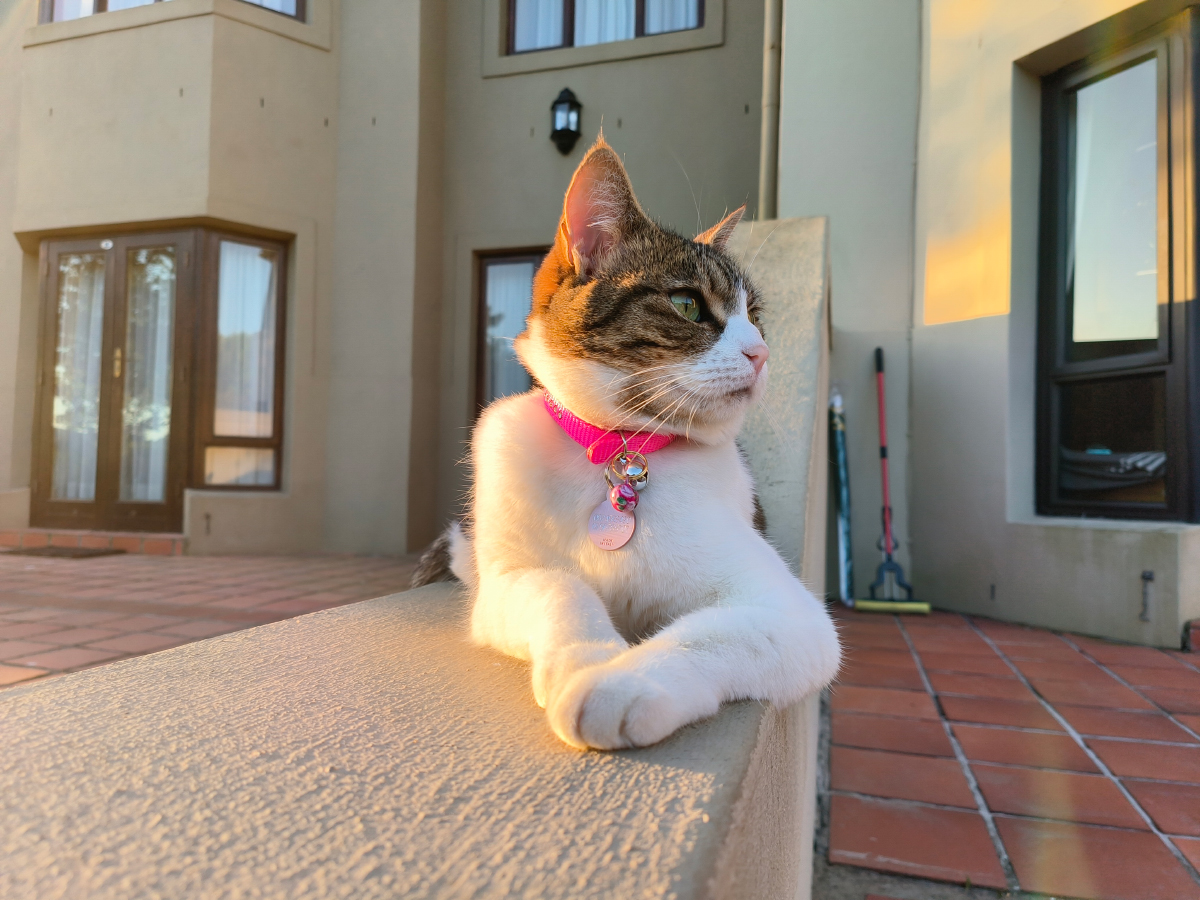Click to Skip Ahead
Catster advocates for adopting before shopping, though we fully understand there are many reasons for seeking a breeder. So, we encourage it to be done the right way. We have not personally visited or investigated all of the breeders below. We have put the top-recommended all in one place for you to get in touch and make the best decision for you. Learn more about our stance and how to choose the right breeder here.
Persian kittens are famous for their gentle, quiet, docile nature. Their dense coats, wide-set eyes, and short snouts make them easy to identify. They develop a close bond with those they trust and can make wonderful family pets. If you are in Australia and are looking for the perfect Persian kitten to bring home, there are a few well-known, reputable Persian breeders in the state to check out.

Persian Kitten Breeders in Australia (Sydney, Melbourne, Brisbane, Perth, Adelaide)
It’s crucial to look for a Persian kitten breeder with a good reputation. They will help you understand the personality traits of the breeds or any health issues you might need to know about. Here is a list of Persian kitten breeders in Australia and its surroundings.
Persian Kitten Breeder Near Me

Whether you live in Sydney, Perth, or Adelaide, you can check out Registered Persian Cat Breeders Australia and choose a kitten breeder from the directory, depending on your location.
Persian Kitten Breeders Registered with NSWCFA

The New South Wales Cat Fanciers Association (NSWCFA) is one of Australia’s leading Persian kitten registers. You can check out a list of Registered Persian Cat Breeders in Australia on their site.

How Much Does a Persian Kitten Cost?
Persian kittens are purebred, and for that reason, they can be a bit expensive. The price of a Persian kitten generally depends on an interplay between various factors. These aspects include the cat’s breeder, lineage, age, gender, fur color, and location.
In Australia, the average cost of a Persian kitten is between $500 and $1,500.
- Vaccinations
- Food
- Vet checks
- Birthing supplies
- New owner information pack
- Flea treatment, wormers, and other medications
- Registration with a breed union
- Health test for parent cats and kittens
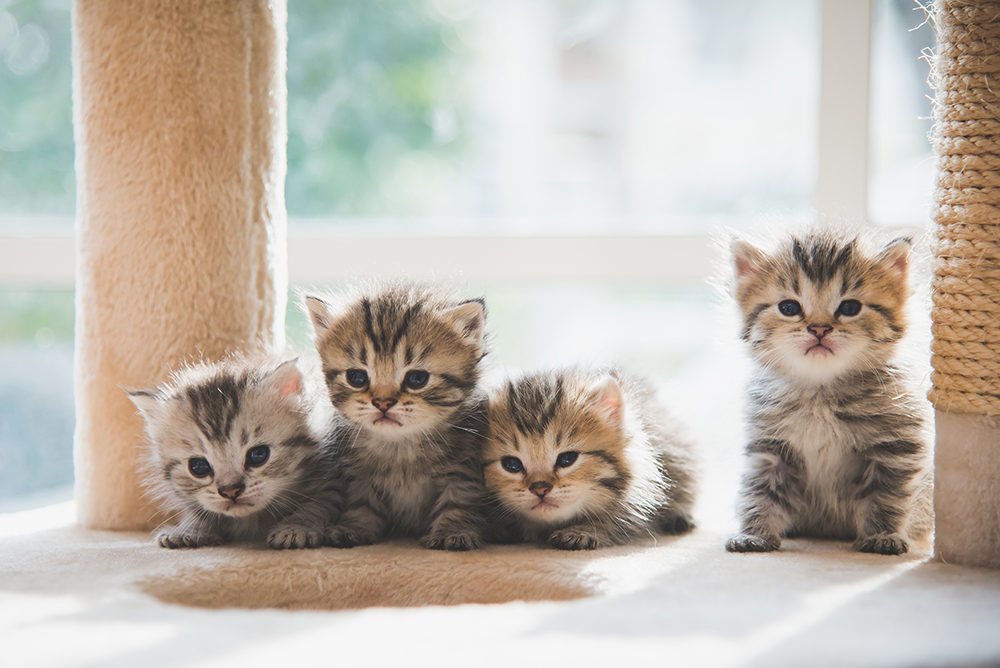
Owning a Persian kitten may seem costly, but the love and companionship you will get from them is priceless. Carry out your research and find where you can save money and where you should invest.

Things to Ask a Persian Kitten Breeder
If you purchase a Persian Kitten from a reputable breeder, they should be willing to answer any questions you have since it shows they are passionate about their cats and ready to make sure they are going to the right home. You should ask the following.
1. Are the Cats’ Parents Certified?
Most diseases are inherited and are passed from the parent to the kitten. A reputable breeder will get their cats tested for various genetic diseases and have a veterinarian examine them to ensure they’re certified disease-free.
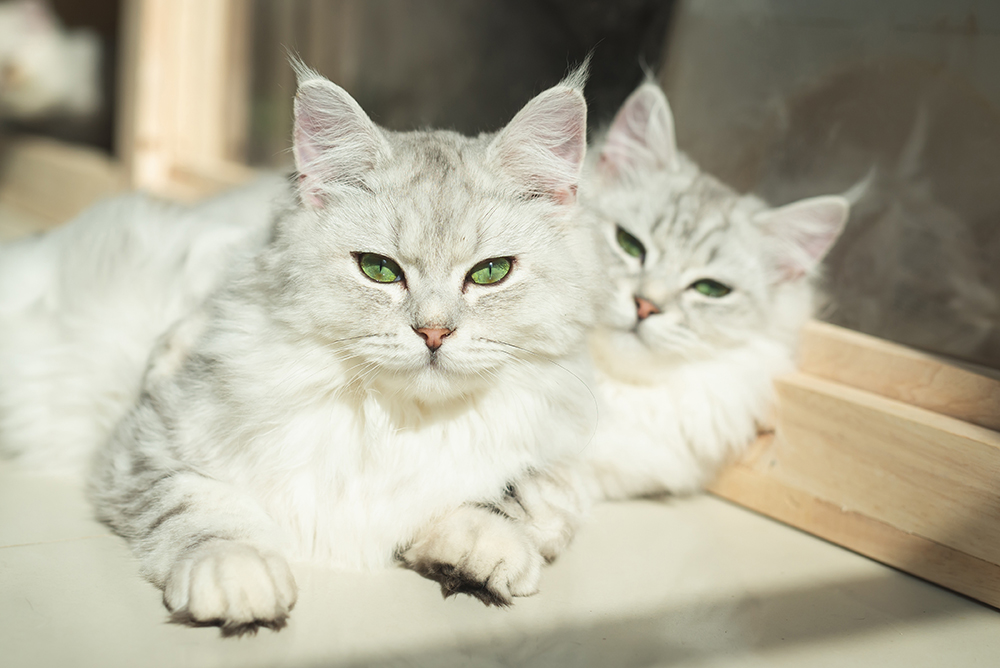
2. Have They Socialized the Kittens?
Socialization is essential in Persian kittens 6 to 16 weeks old. Proper socialization involves exposing a kitten to other cats and kittens of different sizes, ages, and types to give you a great chance of having a well-behaved cat.
3. Have the Kittens Been Vaccinated and Wormed?
Australian law requires all cats to receive core vaccines. That is to protect against feline viral rhinotracheitis, panleukopenia, and feline calicivirus. However, a few other diseases are commonly vaccinated against, with the first vaccination starting at about 9 weeks old and the second scheduled at 3 months, followed by annual boosters. At this point, as kittens are still living with the breeder, any cat you buy should already have received all of the essential vaccinations.
Be sure to examine the vaccination certificates, ensuring they include infectious enteritis, leukemia, and cat flu. Ensure there is a vet stamp, as only authorized vets can carry out these first vaccinations. Feel free to call the veterinarian to confirm.
In addition, regular worming is crucial for your kitten’s health. Breeders must de-worm their kittens for the first time around 3 weeks after birth and about every 3 to 4 weeks afterward.
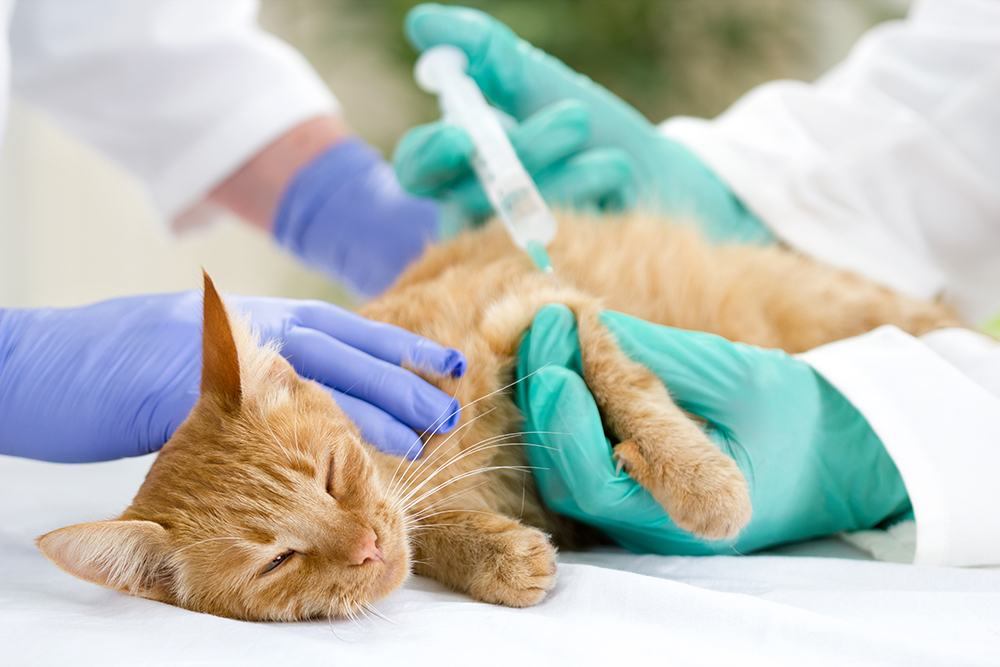

The 4 Things to Know Before Buying a Persian Kitten
1. Persian Kittens are Great Family Pets
A Persian cat is an excellent companion for a loving family. Even if they are prone to some health problems inherited genetically due to years of breeding, their adorable appearance and calming personality make them great pets.
2. Persians are Indoor Cats
Persian kittens are best kept as indoor pets. They are typically not the most cunning cats and prefer a quieter life relaxing around your house instead of out and about hunting. The Persians have relatively short legs, a soft abdomen, and long fur, making them unsuitable for outdoor living.
Persian kitten’s flat face makes them susceptible to respiratory issues, which may not be favorable with the dirt and dust they breathe outdoors.
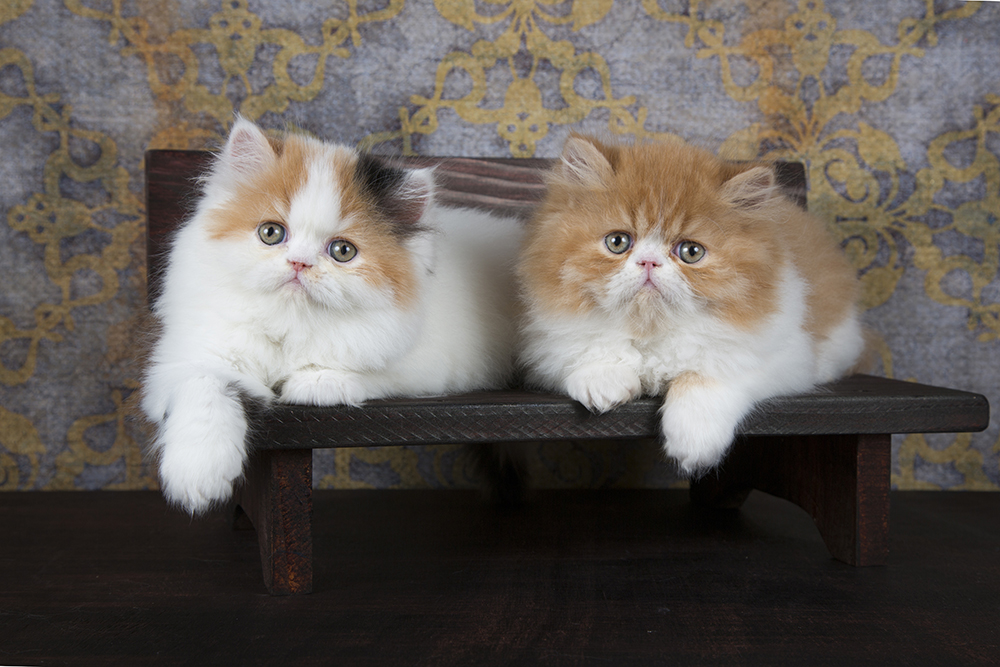
3. Persian Cats Require Constant Grooming
Persians have long, lush coats and require continuous grooming to keep them looking healthy. Brushing their coat once a day to eliminate dead hair and tangles is vital to prevent matting.
Due to the shape of the face and skull, tears may not drain appropriately, causing tear staining in the eyes. You can gently wipe the area with a soft cloth to remove the stains and prevent infections.
4. Persian Kittens are Vulnerable to Some Health Issues
There are two types of Persian kittens: flat-faced and traditional. Flat-faced may suffer from several health problems, including allergies, nasal stuffiness, and eye drainage. In addition, they may be prone to polycystic kidney disease.
However, the traditional type is susceptible to eye muck. With the proper care, most Persian kittens lead healthy lives but make sure to get a healthy kitten.

Conclusion
You may consider choosing a Persian kitten as your next family pet for many reasons. They have attractive characteristics, a friendly temperament, and distinctive features, making them great family pets. However, since they are popular purebred cat breeds in Australia, their prices may be higher. You can expect to pay $500 to $1,500 for your new kitten. Always ensure to check the reputation of a breeder before purchasing your kitten.
Featured Image Credit: Linn Currie, Shutterstock

